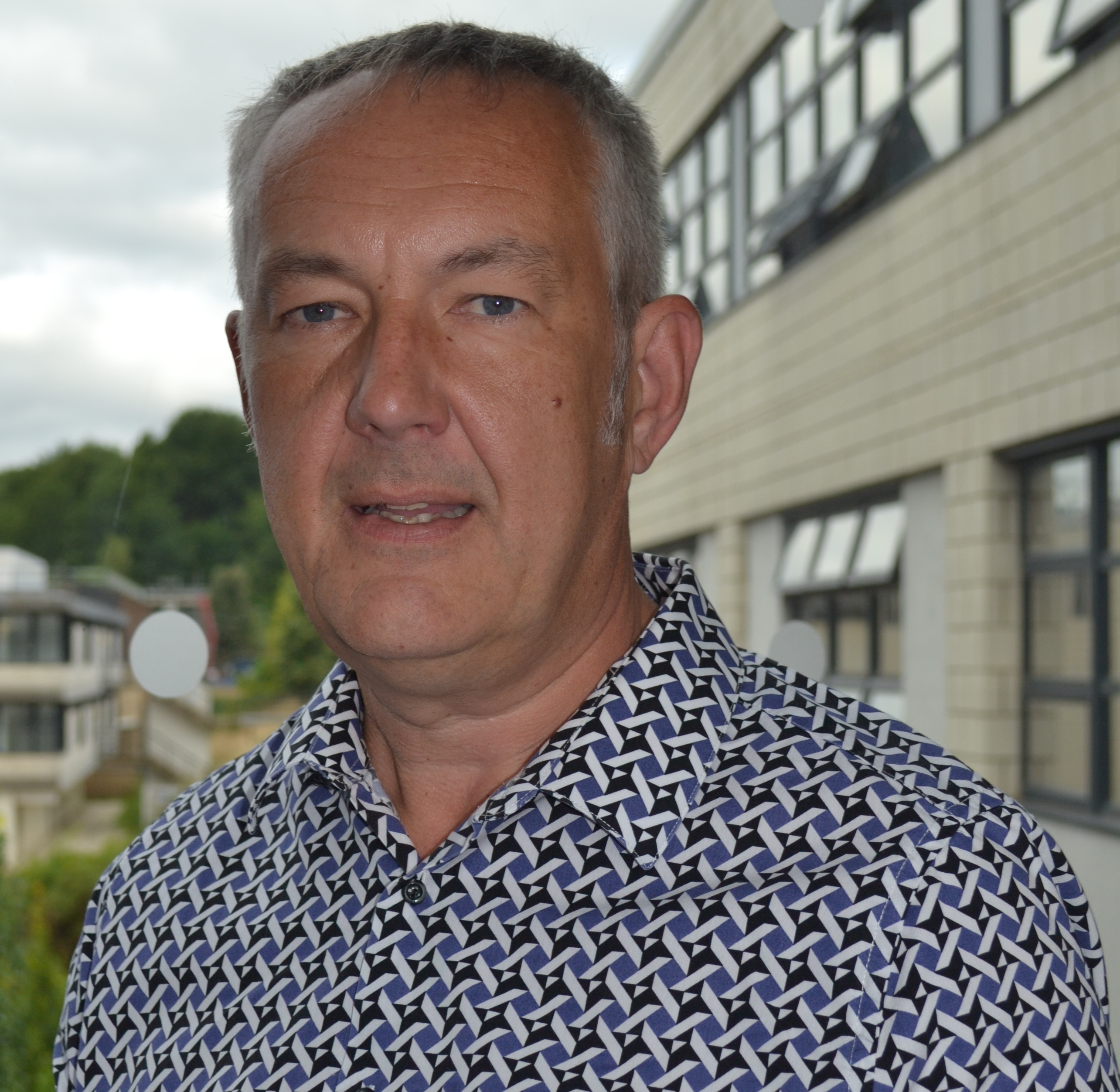This pandemic has the potential to amplify the risks and harms of using illicit drugs, argues Ian Hamilton
 While we have good intelligence about the impact that covid-19 is having on the economy, there is a multibillion pound industry that we know less about, but whose disruption will have far reaching consequences—the illicit drug market.
While we have good intelligence about the impact that covid-19 is having on the economy, there is a multibillion pound industry that we know less about, but whose disruption will have far reaching consequences—the illicit drug market.
The size of this industry is significant; there are 1.5 million regular recreational users in England and Wales, and the Home Office estimates that the trade in illicit drugs is worth £5.3bn annually. The impact on its trade and those who rely on it is already being felt. Closing borders and restricting people’s movements directly disrupts the supply and distribution of illicit prescription drugs, as well as drugs like cocaine or cannabis.
As with the legal economy, those who rely on this illicit market won’t behave rationally. For example, some people with drug dependency problems might try to stockpile their drug of choice. Apart from adding to shortages of the drug, this creates several risks, such as using more of a substance than you planned to over a period of time, or worse, using too much in one go and overdosing. The UK’s number of drug related overdoses continues to hit record highs every year, and this crisis has all the makings of amplifying that. Dealers faced with shortages of heroin could well substitute this with the more potent opiate fentanyl. For those who are unaware or don’t know how to titrate a drug estimated to be 50 times stronger, that could prove to be fatal.
Some people will seek out alternatives when their drug of choice becomes harder to source. This raises the risk of harm due to unfamiliarity and their inexperience with ensuring a safe dose is taken. None of this is helped by the fact the market is completely unregulated, despite the obvious potential risks that millions of people face in engaging with it. Public Health England is already asking for information about illegal drug shortages and how people are responding*—for example, by substituting.
As with coronavirus, we have options to mitigate the fallout from this: we could provide drug testing, as already happens at some music festivals. This way people would know what is in their drug and, crucially, how strong it is. Equally, now seems an opportune moment to introduce safer injecting facilities so that people have safe and clean environments where they can consume drugs. This could also help to save lives as anyone accidentally overdosing could be immediately revived.
Stubborn political ideology makes this type of pragmatic response unlikely. While the government values experts’ contributions to our understanding of coronavirus, it rejects other experts’ recommendation to introduce drug consumption rooms. This is despite the part that testing and drug consumption rooms could play in protecting the wider population.
During these times of isolation, boredom, and anxiety, there is a real risk that occasional recreational users or first time users will be attracted to self-medicate with illegal drugs. Providing them, as well as more seasoned users, with reliable, clear information is essential if we are serious about reducing contagion. Ensuring sterile equipment is available, that the surfaces used to put drugs on are clean, and that new straws rather than banknotes are used to snort drugs are just some of the examples of harm reduction messages that could be transmitted.
Denial and delay have already proved to be costly strategies, yet this looks like the approach of our political leaders to the millions of people using illegal drugs. The best we can hope for is a political epiphany but, unfortunately, those are rare.
*Communication via email.
Ian Hamilton is an academic at the University of York with an interest in addiction and mental health. He previously worked as a mental health nurse with people who had combined mental health and substance use problems. Twitter: @ian_hamilton_
Competing interests: I am affiliated with Alcohol Research UK.
